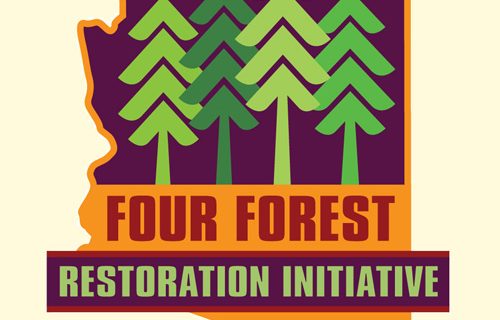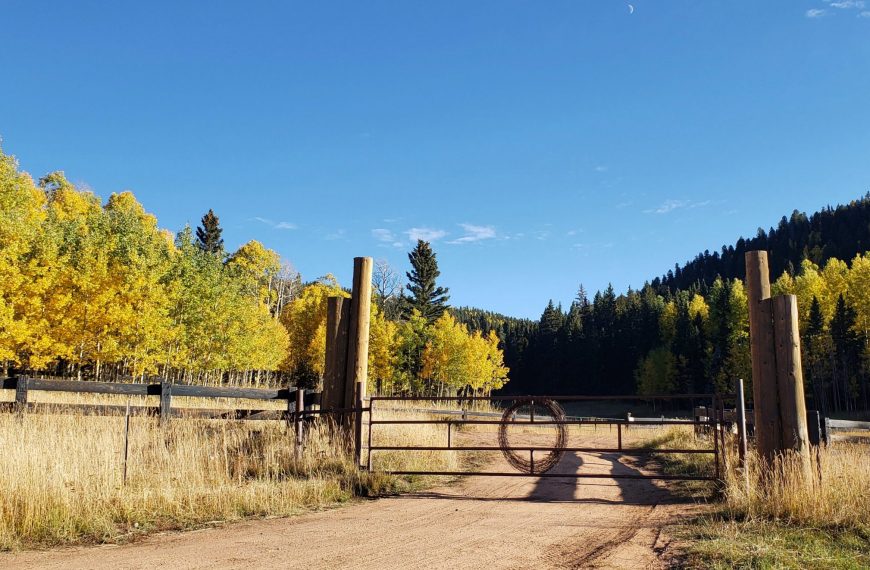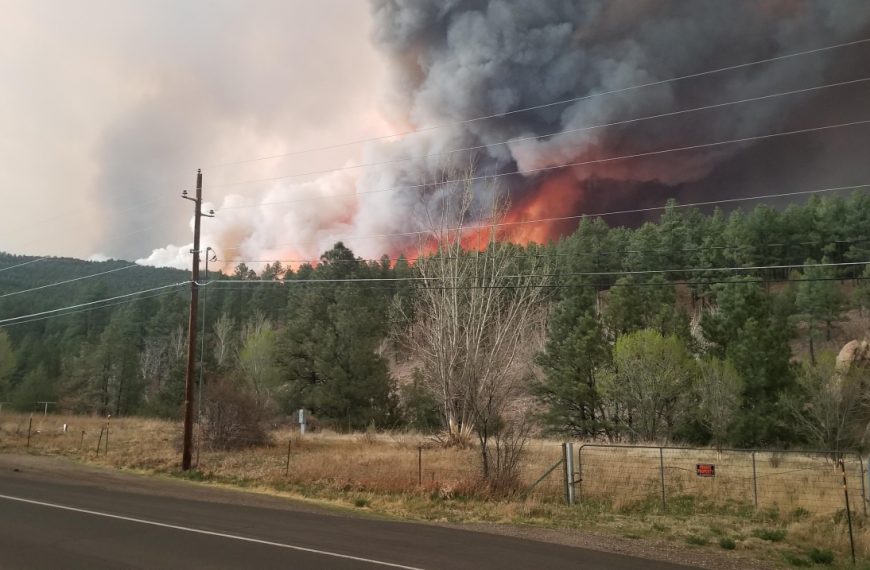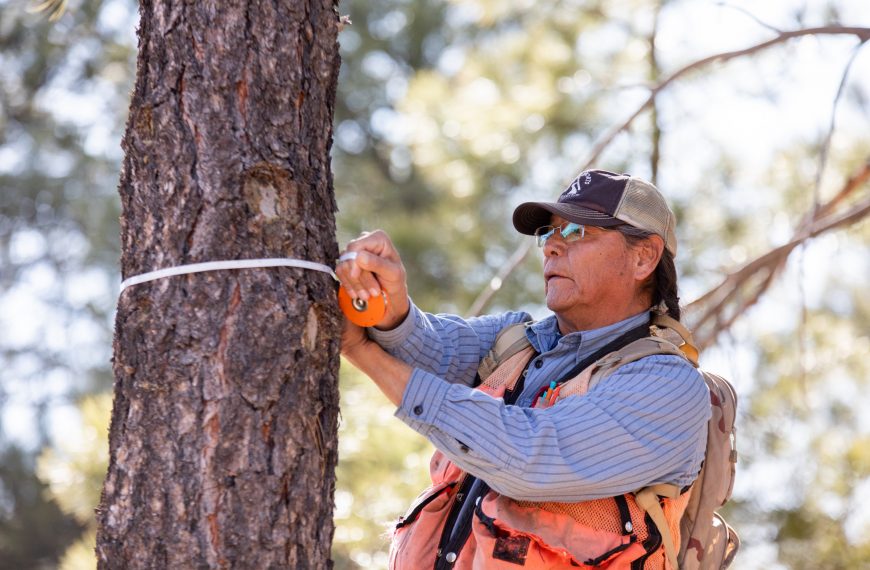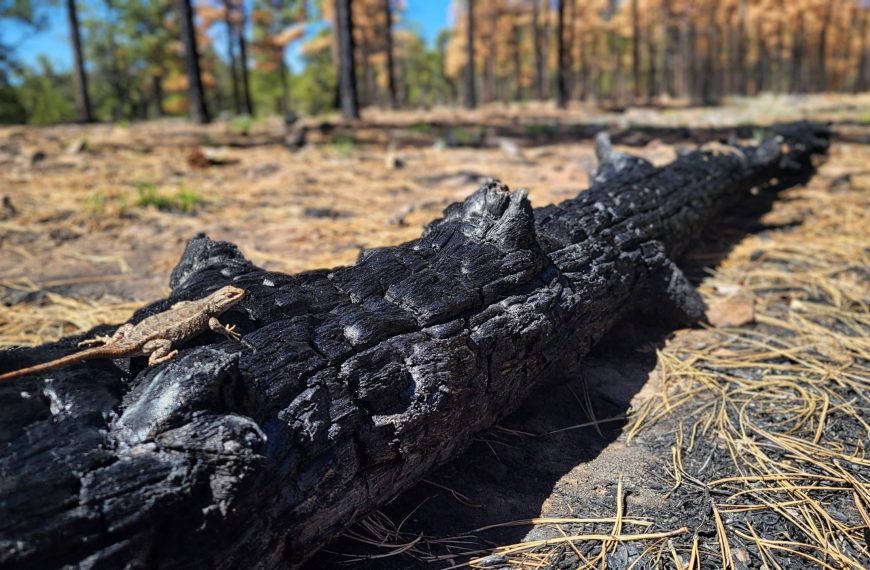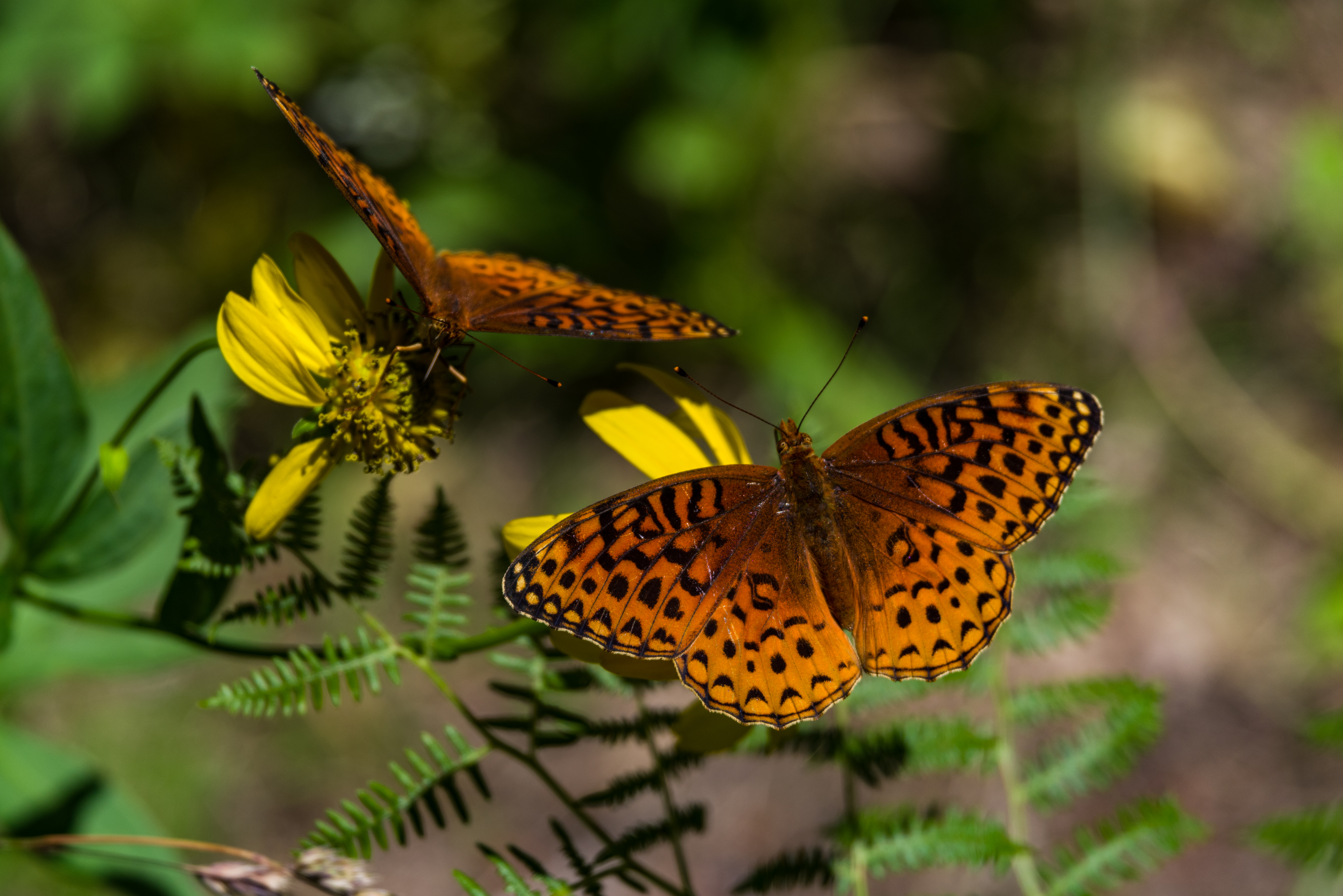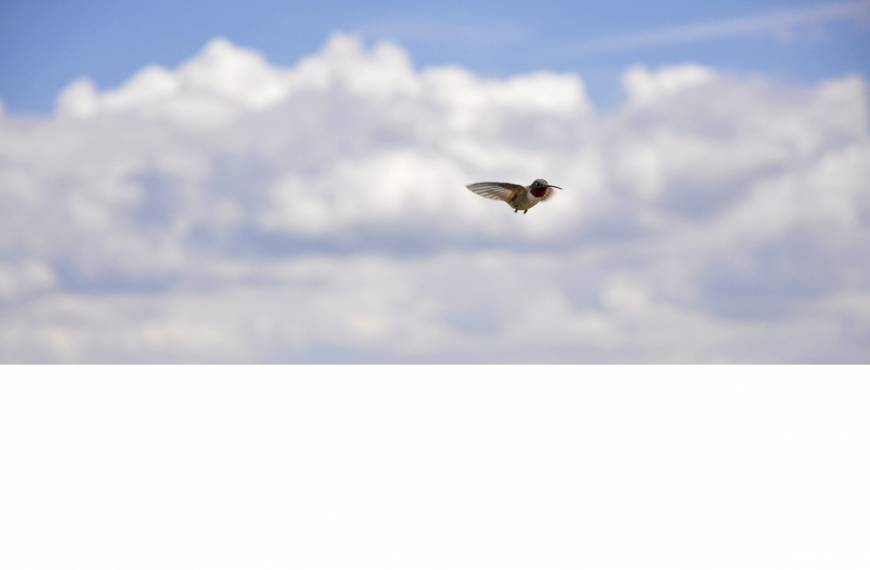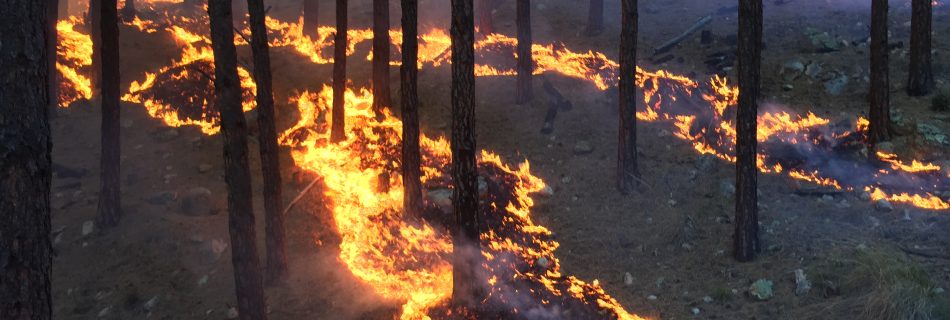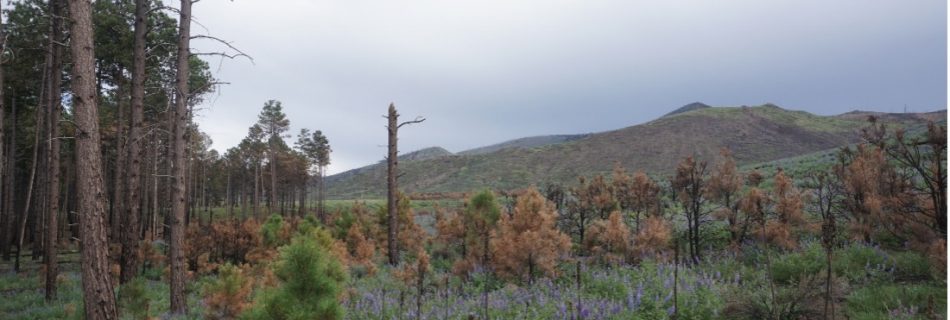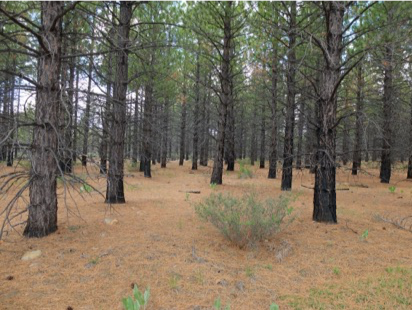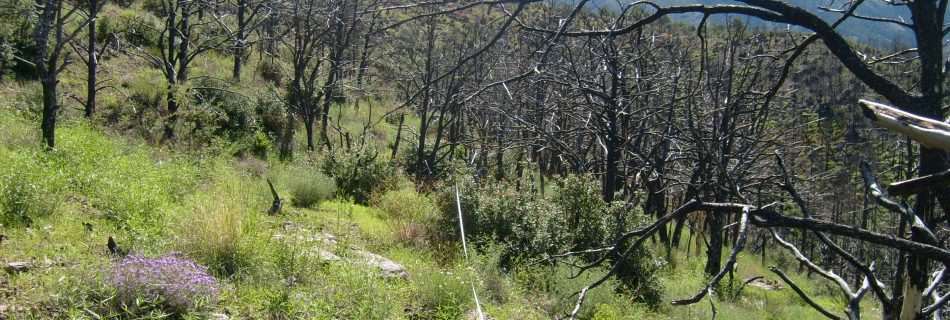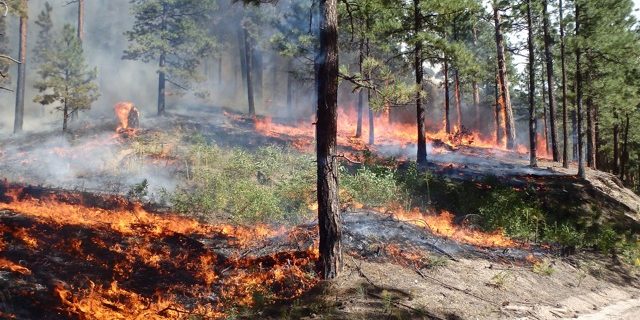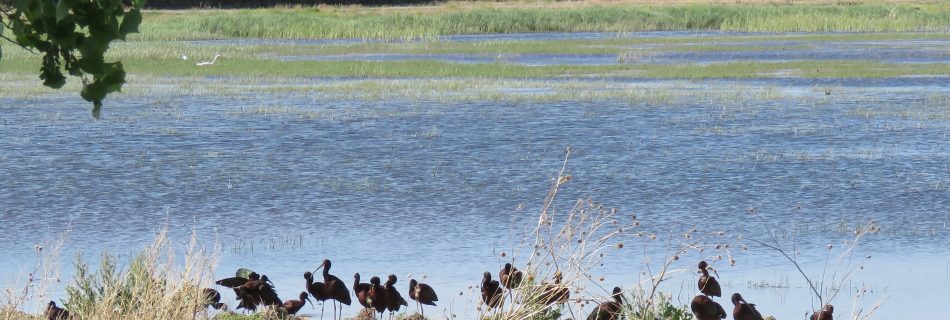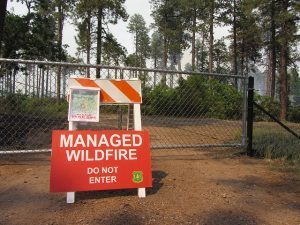A brief look at how the Black Range of the Gila National Forest goes about putting down thousands of acres of prescribed fire. See how the District works in a collaborative and productive manner while working within the multiple-use framework to include grazing, wildlife, recreation, and community outreach. Supported by science, the agency looks to keep fire on the landscape. View the YouTube video here.
Oct 23, 2019: Large-scale forest restoration stabilizes carbon under climate change
Presenter: Lisa McCauley, The Nature Conservancy Date: October 23, 2019 11am AZ/12pm MDT Higher tree density, more fuels, and a warmer, drier climate have caused an increase in the frequency, size, and severity of wildfires in western U.S. forests. There is an urgent need to restore forests across the western United States. To address this need, …
Read more “Oct 23, 2019: Large-scale forest restoration stabilizes carbon under climate change”

